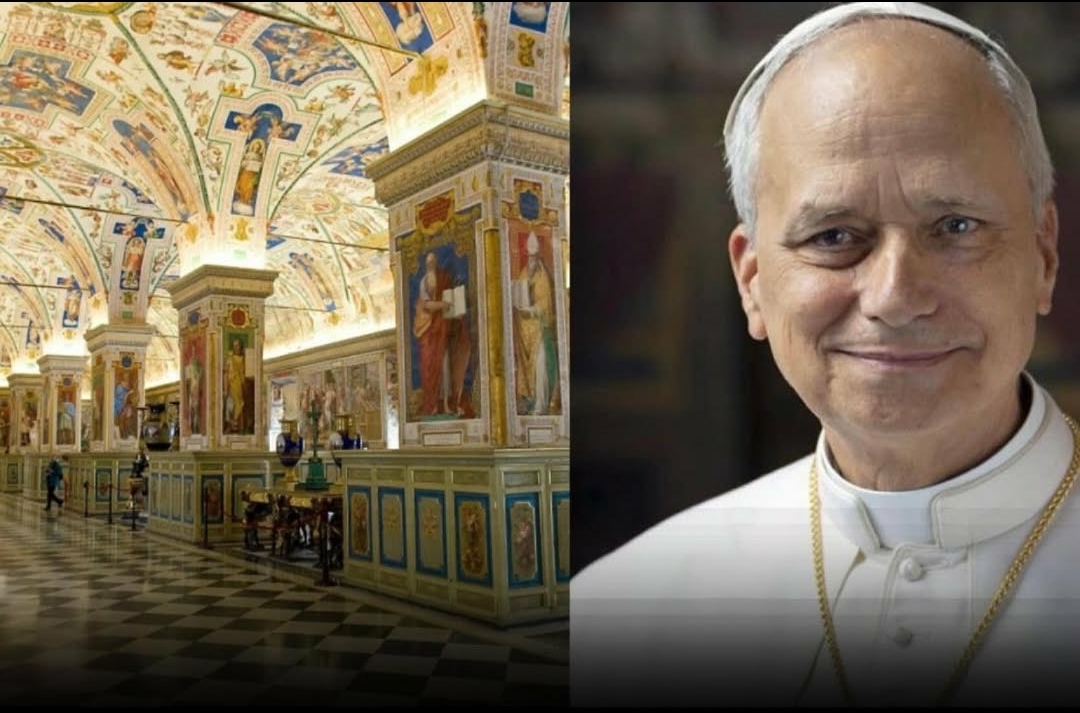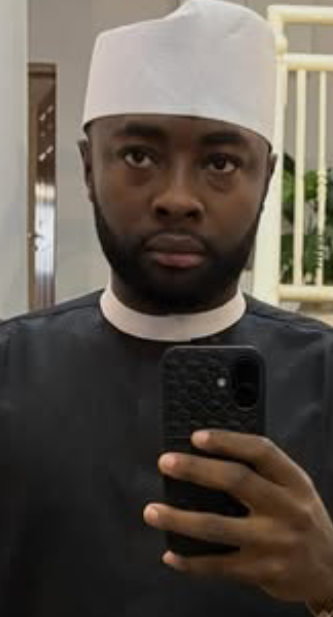
Vatican Library Opens Prayer Room for Muslim Scholars, Marking Historic Step in Interfaith Inclusivity

In a move hailed as one of the most symbolic gestures of interfaith respect in recent years, the Vatican Apostolic Library has opened a dedicated prayer room for Muslim scholars — a decision that underscores the Catholic Church’s deepening embrace of inclusivity within one of the world’s most revered centers of learning.
The prayer room, located within the library’s research complex, was created after repeated requests from visiting Muslim academics who sought a quiet space to observe their daily prayers while conducting scholarly work. Speaking to La Repubblica, Vice Prefect Giacomo Cardinali described the move as both “simple and natural,” explaining that the library’s mission has always been to “make knowledge accessible without barriers — cultural, religious, or linguistic.”
Founded in 1451 by Pope Nicholas V, the Vatican Library is often described as the intellectual heart of the Catholic Church, housing millions of documents, manuscripts, and rare books. Yet its vast collection reaches far beyond Christian texts, encompassing Islamic philosophy, Hebrew writings, Arabic poetry, Ethiopian chronicles, and even early Chinese and Japanese records.
Among its prized treasures is a medieval Japanese archive, believed to be the oldest collection of its kind outside Japan. The documents were rescued in the 1920s by Catholic missionary Mario Marega, who discovered children in rural Japan using the priceless papers as toys. His intervention preserved an irreplaceable piece of Japan’s cultural memory decades before World War II.
Cardinali explained that this diversity reflects the library’s founding vision — that knowledge is a universal gift, not the property of any single faith. “The Vatican Library was never just about religion; it’s about understanding civilization itself,” he said, noting that collaboration across cultures has always advanced humanity’s greatest discoveries.
The library is also stepping into the digital age. Cardinali revealed that its digitization program, supported by artificial intelligence, is expanding access to rare texts for researchers worldwide. However, he offered a cautious note: “AI can assist in cataloging and preservation, but it lacks the historical intuition of human scholars. True understanding must remain a human endeavor.”
For many observers, the new prayer room is more than a practical amenity — it is a powerful symbol of coexistence in an age of division. Religious scholars have praised the Vatican’s gesture as a reaffirmation of dialogue between Christianity and Islam, echoing Pope Francis’s long-standing advocacy for interfaith harmony.
As Cardinali concluded, “The opening of this room is not a political statement but a moral one. The Vatican Library must remain a house for every seeker of knowledge, regardless of faith or background.”
With this unprecedented step, the Vatican has quietly redefined what a sanctuary of wisdom means in the 21st century — not a place of exclusion, but a shared refuge where knowledge, respect, and faith can coexist.
— BusterBlog.com | Global Affairs Desk


